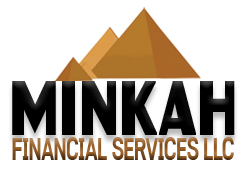There are several loan programs that may be a good fit for you that require minimal or no down payment.
Not necessarily, but it will definitely help. It is possible to get a conventional mortgage with a credit score as low as 620, and you can obtain a higher-cost FHA loan with a score in the 500s. However, be aware that typically the lower your score, the higher your interest rate will be.
Pre-qualification is essentially an informal evaluation of your financial situation. You will be given an estimate of what you may (not definitive) be able to borrow based on answering a few basic questions regarding your finances. Pre-approval is a more thorough evaluation and requires proof of your financial situation. A credit report check along with submitting documents that verify your income, employment, assets and debts are all required in order to be pre-approved. A pre-approval letter states the amount and type of mortgage that you will be eligible to get. A pre-approval letter is much more valuable than a pre-qualification because it shows that you’re a serious buyer and gives you leverage above other shoppers when you’re looking for houses.
PMI is mortgage insurance paid monthly that a lender may require you to pay if you put less than a 20% down payment on a conventional mortgage only. It is important to note that PMI can be cancelled once you have at least 20% equity in the home.
The term “closing costs” refers to all of the charges you’ll need to pay before your loan is completed. This can include origination fees, title insurance, prepaid escrows, and more. Closing costs can vary significantly but, generally, expect to pay around 3% to 5% of the home’s purchase price in closing costs.
An escrow account is an account set up by your lender to cover your property taxes, homeowners insurance, and sometimes other related costs. Each month, a portion of your mortgage payment goes into this account, and your lender uses the funds to pay these bills on your behalf when they’re due—helping ensure they’re paid on time and giving you one less thing to worry about.
